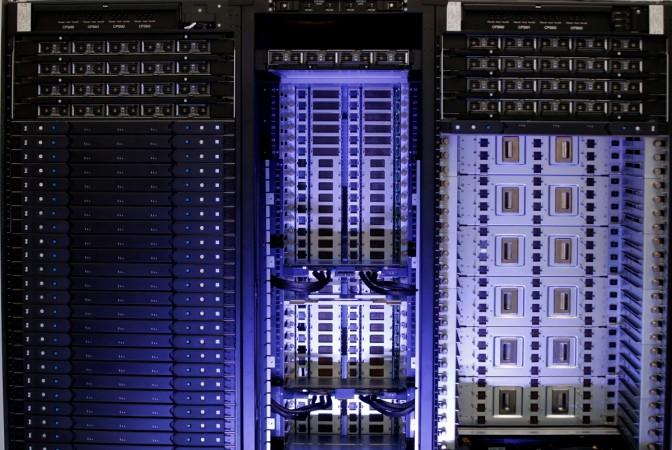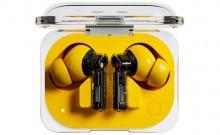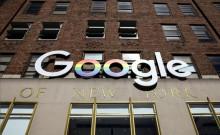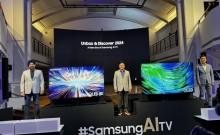
Japan is going to build a supercomputer that will reclaim the title of the country with the world's fastest computer from China. The AI Bridging Cloud computer (AIBC) will outperform China's Sunway TaihuLight machine, which currently holds the world's fastest supercomputer title.
AIBC will be meant for medical research, improving software for driverless cars and building robots. The machine won't come cheap as the country is planning to spend nearly $175 million (¥19.5 billion), which will, when ready, be capable of running at a speed of 130 petaflops, BBC reports. This is equivalent to 130 quadrillion calculations per second.
Currently, Japan is not listed as one of the countries with the world's top three ranking supercomputers – a list dominated by China's Sunway TaihuLight and Tianhe-2 in the first two positions and Titan Cray XK7 by the United States at the third spot. In fact, Fujitsu's Oakforest-PACS and K computer put Japan at the sixth and seventh positions, respectively.
But AIBC will set new benchmarks for best supercomputers of the world. By comparison, Sunway TaihuLight has a theoretical speed of 125 petaflops, but it only achieves 93 petaflops. As for Tianhe-2 and Titan Cray XK7, the maximum speeds are measured at 34 petaflops and 24 petaflops, respectively.
"As far as we know, there is nothing out there that is as fast," Satoshi Sekiguchi, from Japan's National Institute of Advanced Industrial Science and Technology, where the computer will be built, said in a press statement.
The supercomputer will be available to major organisations on a rental basis. Companies can utilise the high processing power for latest innovations in the driverless cars, robotics and medical fields. The Japanese government is pinning a lot of hopes on AIBC as it will stop them from relying on US companies for a supercomputer source.
The work on the world's fastest supercomputer, AIBC, is already underway and expected to be completed by the end of 2017.








